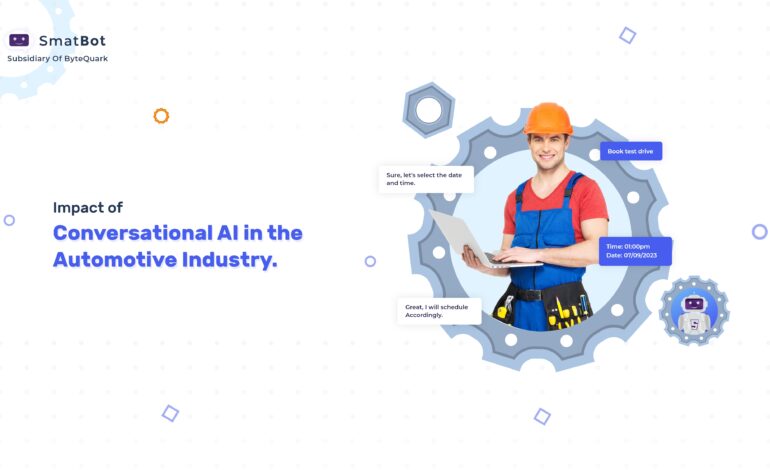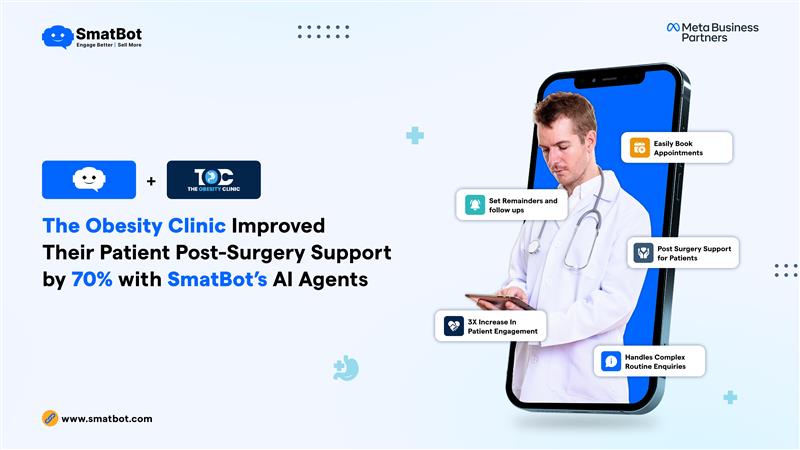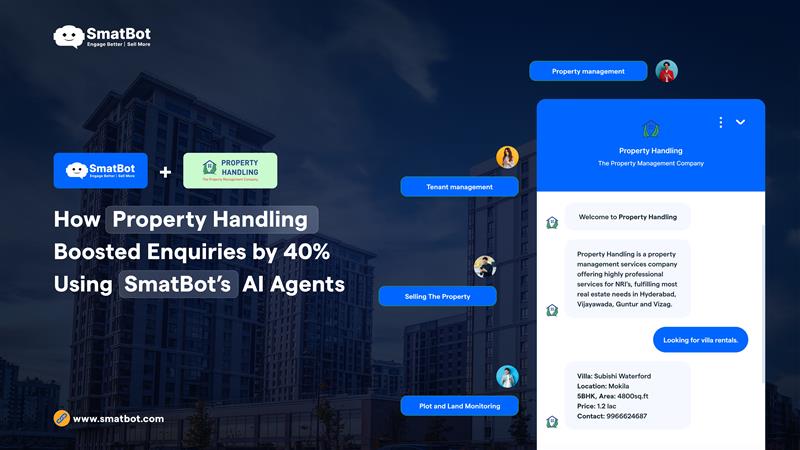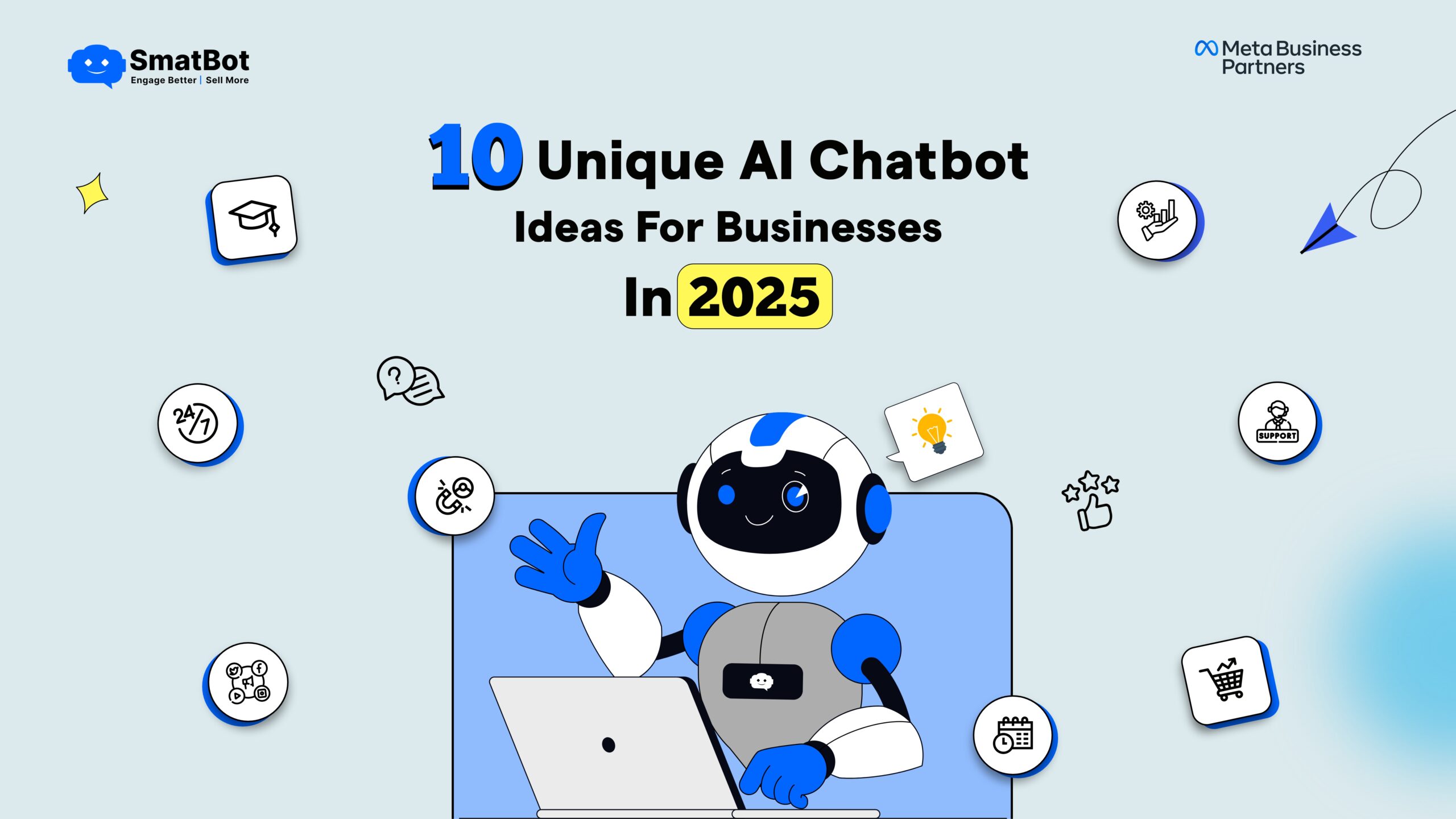Impact of Conversational AI in the Automotive Industry

Conversational AI has begun a new era of digital transformation. It has become a crucial partner for many industries. It helps organizations communicate with customers through voice or text, which makes interactions more efficient. The automotive industry is not left behind in the use of this technology.
Several automobile dealers and dealership companies have used conversational AI. Conversational AI is showing impressive results as it responds faster and more accurately than humans.
According to a recent study, conversational AI has reduced by 70% operational costs and increased overall revenue and customer satisfaction.
Now, let’s explore how conversational AI is impacting the automotive industry.
How is conversational AI transforming the automobile industry?

Conversational AI is making waves in the automotive industry, reshaping how we experience our vehicles. This technology enhances the vehicle’s capabilities, creating a unique automotive experience. Integrating with the vehicle’s system opens up navigation, guidance and more features.
Furthermore, Conversational AI can hold a record of your vehicle’s data to provide valuable insight. It leads to predictive car maintenance and better car efficiency.
This AI technology has allowed automotive dealers to provide their customers a better experience. This section was just a teaser about the impact of conversational AI in the automotive industry.
In the following sections, you will see how conversational AI is transforming the automotive sector.
Use Cases of Conversational AI in the Automotive Industry

Automotive dealers are using conversational AI to meet the expectations of their potential customers. There are uncountable use cases of Conversational AI in the Automotive industry.
We have highlighted the top 10 use cases of conversational AI in the Automotive sector below:
Attending to Customers and Answering Their Queries
Conversation AI has the potential to attract potential customers and engage current customers. This technology provides several benefits to businesses, like customer engagement and cost saving, when interacting with your customers. Not only company, but conversational AI also offers benefits to customers, such as prompt replies and 24/7 support.
Drivers and vehicle owners can easily access vehicle-related information through conversational AI. They can receive specific answers and solutions from frequently asked questions and the vehicle’s user manual.
The feature of this AI technology simplifies common troubleshooting issues, like warning lights, maintenance procedures, and system functionality. This helps drivers and vehicle owners understand and operate vehicles effectively.
Booking a Test Drive
Conversational AI streamlines the test drive booking process by eliminating the need to visit a service center or make a phone call.
Through conversational AI, potential buyers can engage in a natural conversation. Then, the AI can check dealership availability, present dates and times that align with customers’ preferences, and secure a confirmed test drive appointment.
As the scheduled date approaches, the AI can send automated notifications to customers. This minimizes the chances of no-shows and improves the overall customer experience.
Locate a Dealer Nearby
When a customer shows interest in purchasing a vehicle, Conversational AI can leverage geolocation data to find the nearest car manufacturer or dealer.
You can obtain a list of nearby authorized dealerships with complete addresses, contact details, and more using conversational AI. This feature of AI technology saves customers valuable time they might otherwise spend searching for the ideal dealer that suits their needs.
Use keywords to adapt to opportunities.
Using conversational AIs, automotive dealers can identify specific phrases or keywords, such as booking, test drive, and more, during a call. This capability of conversational AI helps you quickly identify potential customers and delve into their preferences instantly.
This will also assist you in efficiently categorizing your leads and routing them to the correct department. You can also provide them with actual solutions to their problems
Calculating Loans Quickly
Customers make well-calculated and planned decisions when purchasing a vehicle. If you own a vehicle dealership company, you can assist your customers by providing accurate information about loans and the available EMI (Equated Monthly Installment) options for buying a vehicle.
This task might seem overwhelming, but with the assistance of conversational AI or voice assistants, you can efficiently retrieve and calculate loan details, including interest rates. This enables your potential customers to quickly choose the best financing option and proceed with their purchase.
Faster and Personalized Customer Service.
Traditional IVR systems often frustrate customers because of rigid menu options and limited knowledge of natural language understanding. Conversational AI uses NLP and ML to understand and respond to customers’ queries in a human-like manner.
As a result, customers can express their concerns or queries more conversationally. The conversational AI can provide accurate and relevant responses to customer questions.
By recognizing individual customers, conversational AI can offer personalized solutions and recommendations. This fosters a more engaging and satisfying experience for customers.
Make Better Recommendations
Conversational AI can also assist in providing your customers with better recommendations. Suppose a customer is interested in a vehicle. In that scenario, conversational AI can analyze all the available data to suggest the right vehicle to the customer. You can even train the artificial intelligence technology to recognize specific phrases and keywords, which speeds up the process.
Offer Purchase Assistance
Customers require a lot of information once they decide to purchase a car. They may inquire about the vehicle’s on-road price, available EMI options, delivery timelines, and more. All of these questions can be effectively answered with the help of conversational AI.
Conversational AI is the technology that can be used to provide round-a-clock purchase assistance. This enables a smooth purchase process for the customers of the automotive industry.
Vehicle Configuration and Customization
Every customer’s vehicle purchase involves various decisions, from selecting the right color to choosing patterns. Conversational AI comes with the ability to guide customers through the customization process. This capability enables virtual assistants to engage in interactive and informative conversations about the available options.
Through these interactions, customers can explore various color options, technological features, and more that suit their needs. The AI can also offer visualizations or pictures to help customers better envision their personalized vehicle. This level of engagement helps foster a stronger connection between the customer and the brand.
Real-Time Vehicle Information
Real-time vehicle information is crucial for every customer wanting to purchase a vehicle. Conversational AI has artificial intelligence that can connect to the vehicle’s onboard diagnostic system to provide essential data like fuel level, tire pressure, battery level, and more.
AI technology can provide insight into a vehicle’s performance, driving patterns, and more. This feature of conversational AI empowers drivers to make informed decisions about vehicle maintenance and driving habits.
Challenges in the Automotive Industry Requiring Conversational AI

The automotive industry is among the leading industries in this world. However, like any other industry, it also confronts various challenges that have led to the decline of several car manufacturers.
Below are the top challenges in the Automotive industry:
Engagement
Creating a customer service organization that’s available around the clock faces limitations. Automotive companies typically operate during office hours, but customers can have emergencies or last-minute plans. Besides, staffing for 24/7 service is costly and unsustainable.
Conversational AI can address this issue and provide 24/7 assistance to customers.
Spend on Technology and Infrastructure.
Every organization must allocate funds for both hardware and software to support their customer service operations. The cost of scaling customer service correlates with business growth. Consequently, as a company expands, it often encounters more customer service challenges, potentially resulting in lower customer satisfaction levels as traditionally measured by metrics. This can be overcome with the use of Conversational AI.
Training
Training is an essential part of any customer service operation. Most customer support managers say that achieving consistency, even at the lowest levels, can be challenging. Many key performance indicators (KPIs) in customer support are closely tied to the quality of training provided to customer service representatives.
Deepening Relationships
Prioritizing customer service not only enhances customer retention but also serves as a means to cultivate stronger relationships with your client. While traditional face-to-face interaction remains effective, it can take time and effort.
Outbound Discounts and Sales
Many dealerships need help with communication and marketing. However, chat platforms have the broadest reach among all communication channels, whether it’s Facebook, Instagram, or WhatsApp
Conversational AI can offer solutions to overcome these challenges.
Advantages of Conversational AI in the Automotive Industry
Conversational AI also provides several advantages in the automotive industry.
Below, we have highlighted the top advantages of conversational AI in the automotive industry:
Handle Customer Inquiries Efficiently.
Conversational AI can handle customer’s inquiries with ease. The chatbot or voice assistants can accurately understand and respond to numerous vehicle-related queries by leveraging the NLP algorithm. This instant support allows customers to get the information they need in real-time. As a result, customer engagement and satisfaction levels significantly improved.
Streamline Operations
Conversational AI can also streamline operations by automating tasks. It can provide customers with the following information:
- Vehicle models
- Vehicle features
- Vehicle pricing options
Moreover, chatbots or virtual assistants can collect and save customer details. This information leads to lead generation and allows companies to nurture prospects effectively. By automating these tasks, businesses can minimize human errors and reduce manual efforts.
Consistent Omnichannel CX
Omnichannel communication keeps customers engaged and provides constant support. Conversational AI is being used as an omnichannel communication tool for car manufacturers.
Conversational AI ensures that the voice of a car manufacturer is consistent across all communication channels. A consistent brand voice helps customers identify your brand quickly. It also influences customers’ decisions to purchase a vehicle.
24/7 Availability
All conversational AI tools offer 24/7 availability. This ability of conversational AI ensures customers can access support whenever they want. This round-the-clock accessibility benefits customers who prefer different time zones and engage outside traditional business hours
Capturing True VOC
Conversational AI that includes voice-activated systems makes data collection from customers more organic. This technology can also derive insights from customer interactions. These insights help car manufacturers or stakeholders make business decisions that have a significant impact.
Examples
As mentioned earlier, conversational AI, including voice-activated systems, is used in several automotive companies. Below are the top 3 examples of conversational AI in the automotive industry:
Hyundai
Hyundai, which has launched several cars, including smart car technology, has also launched its “Hi Hyundai” AI chatbot to elevate customer experience. They offer personalized customer service 24/7 to their customers. Below is the list of the top tasks that “Hi Hyundai” can perform:
- Explore customers’ favorite cars
- Locate the nearest dealership
- Book a test drive
- Book a new car
Honda
Honda is another famous company in the automotive industry. It has launched its chatbot called “Dave,” where you can interact with and ask questions about Honda cars. Dave can provide maintenance information and help you to know if your vehicle is involved in a recall.
Ford
Ford is another big name in the automotive industry. Ford also leverages ai in cars and also uses chatbots for its customers. Ford has been using a chatbot that is a part of the Ford Pass customer app.
The company recently launched a chatbot named “Ford Lucy” that can perform the following tasks:
- Communicate with drivers through cars’ infotainment system
- Provide real-time support
- Other tasks
Conclusion
Conversational AI has driven transformations in the automotive industry. While there are challenges, companies like Hyundai have shown proof of the impact of Conversational AI in the Automotive Industry. As the automotive industry continues to evolve, conversational AI has become the primary key to the success of this industry.
Furthermore, Conversational AI can speed up your automotive business’s journey to success. It helps analyze feedback and uncover strengths and weaknesses.
If you want to adopt this technology for your company and a competitive edge in dealership experiences, try SmatBot. SmatBot can help you automate your customer support services and unlock new business opportunities.




